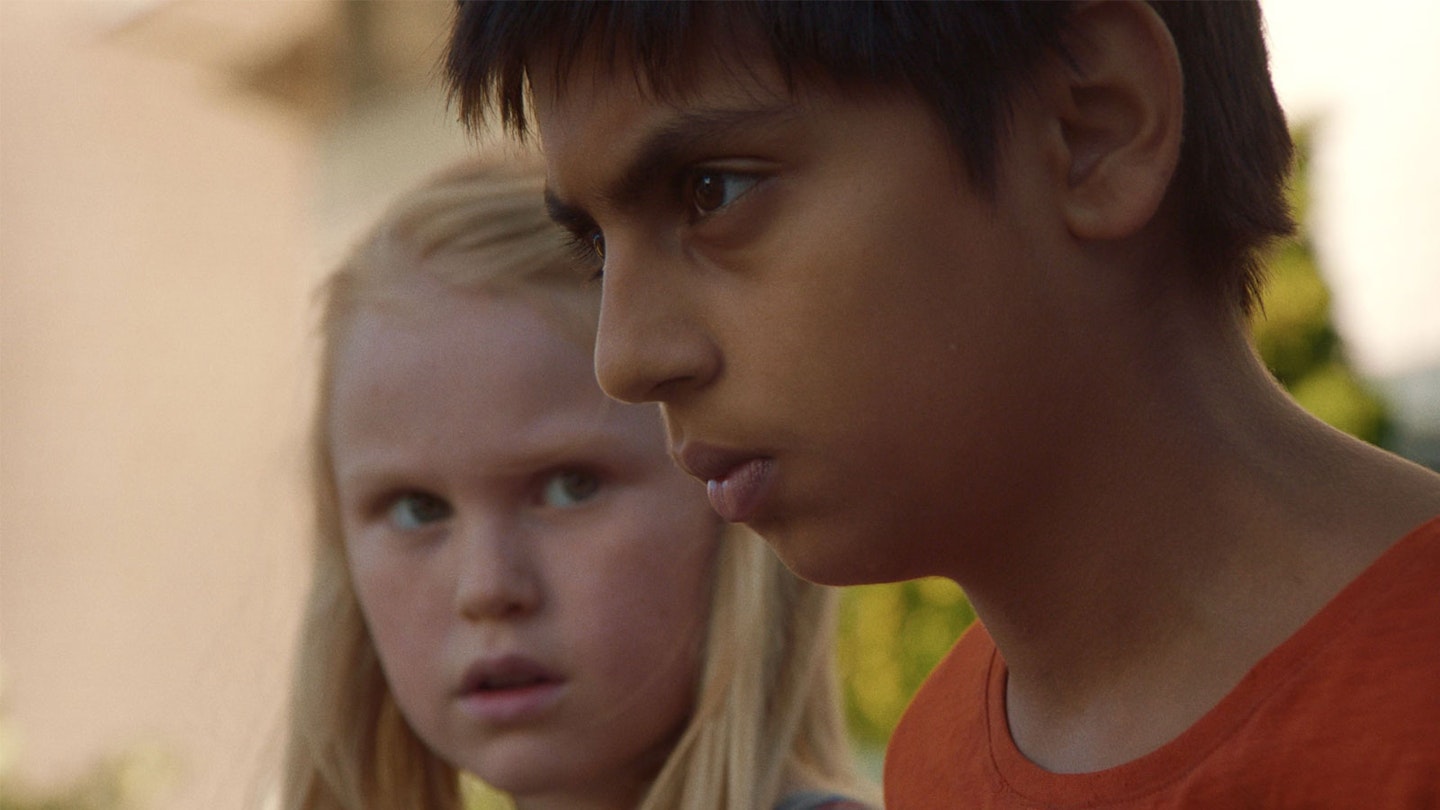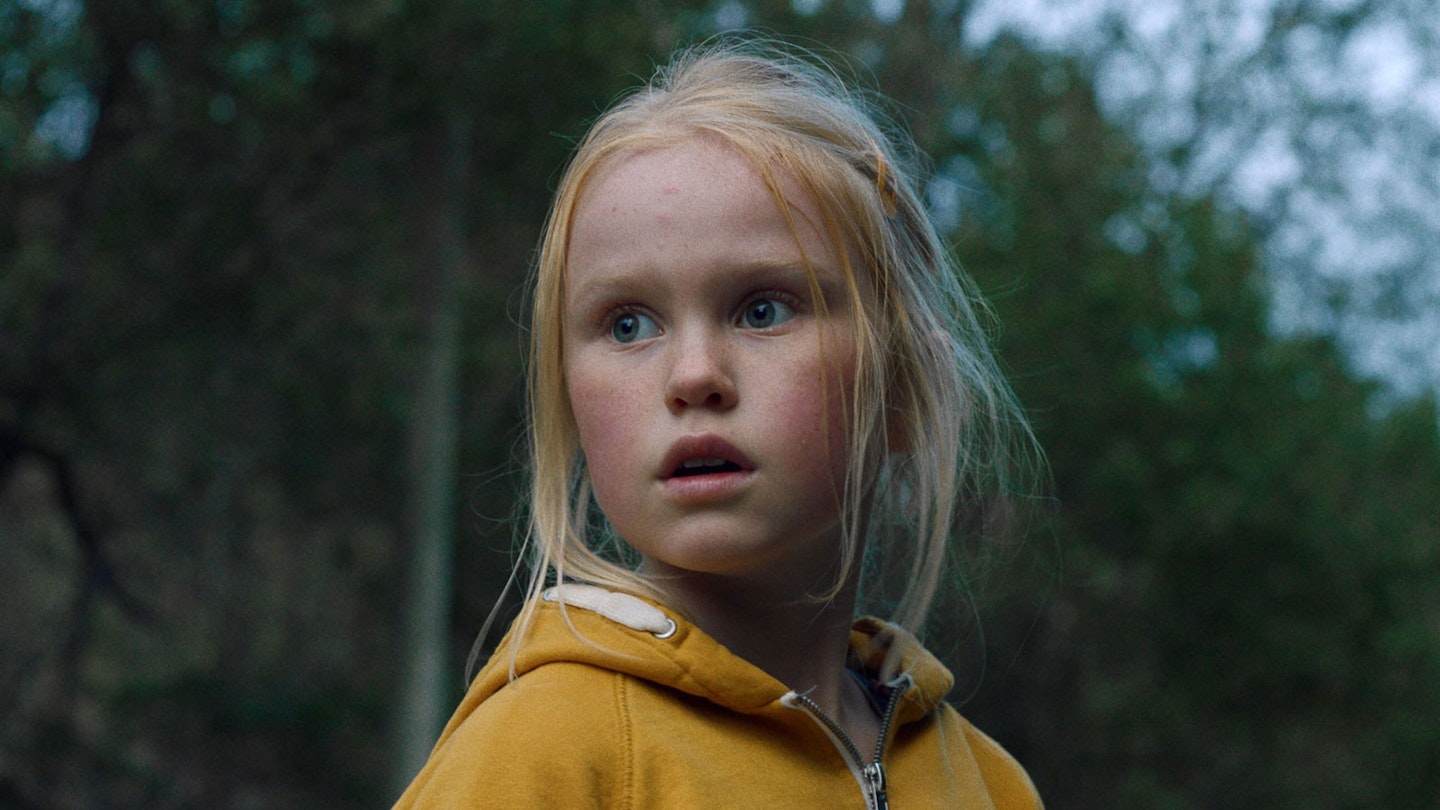Filmmakers have long realised that young children can provide an excellent canvas for horror. Children can be sweet and naive; they can also — as the likes of The Omen and The Village Of The Damned have proved — be horrific little shits.
On something of a hot streak after co-writing masterfully subversive romcom The Worst Person In The World, Norwegian filmmaker Eskil Vogt leaves the buzzy centre of Oslo for its quiet, leafy suburbs, finding some dark truths in a family-friendly environment. His second film as director after 2014’s excellent Blind is entirely set in the bounds of a comfortable housing estate on the edge of a lush forest, and Vogt films it with a lens-flared haze, as if it exists in a deceptively rosy childhood memory.

A sharply observed first act largely focuses on the complex dynamics of childhood and those endless, restless summers. Like many kids her age, Ida (Rakel Lenora Fløttum, sharing the screen with her real-life mother Ellen Dorrit Petersen) is engaged in a never-ending battle against boredom. Frustrated with her non-verbal autistic sister Anna (Alva Brynsmo Ramstad), she quickly forges un-self-conscious friendships with neighbourhood kids Ben (Sam Ashraf) and Aisha (Mina Yasmin Bremseth Asheim). Some lovely early scenes accurately represent the imagination and play that comes at that age, as the kids invent endless mini-games with arbitrary new rules.
Vogt leans only gently into genre tropes, which makes the genuinely disturbing moments hit that much harder.
It’s all very familiar and nostalgic — albeit with the less familiar twist that some of these kids seem to have psychic powers. The exact nature of their supernatural gifts is kept loosely defined and mysterious. And deliberately so — perhaps because the young characters themselves don’t fully understand them. “I can ‘fetch’ people,” Ben says at one point, obviously not comprehending the ominous undertones of controlling another human without their consent.
Something sinister is bubbling beneath the surface right from the film’s first scene, in fact, when Ida cruelly pinches her autistic sister’s arm. That sense of menace later builds with some fairly gruesome child-on-cat violence, and it only gets worse. The title, then, becomes increasingly ironic as the blood starts to spill.
Vogt leans only gently into genre tropes, which makes the genuinely disturbing moments hit that much harder. This is a kids’ film that is strictly unsuitable for kids, and frankly many parents will struggle at some of the more upsetting moments. Though the slow-build could build a bit faster — the third act drags a little towards an expected conclusion — it’s never less than compelling, guided by extraordinary performances from an inexperienced cast.
Smartly realised via low-key, minimalist visual effects, the kids’ supernatural powers are wielded by Vogt as a metaphor for a burgeoning sense of morality, in that pre-teen age when you’re still getting to grips with empathy and consequences. What happens when you make choices your still-developing mind can’t fully grapple with?
